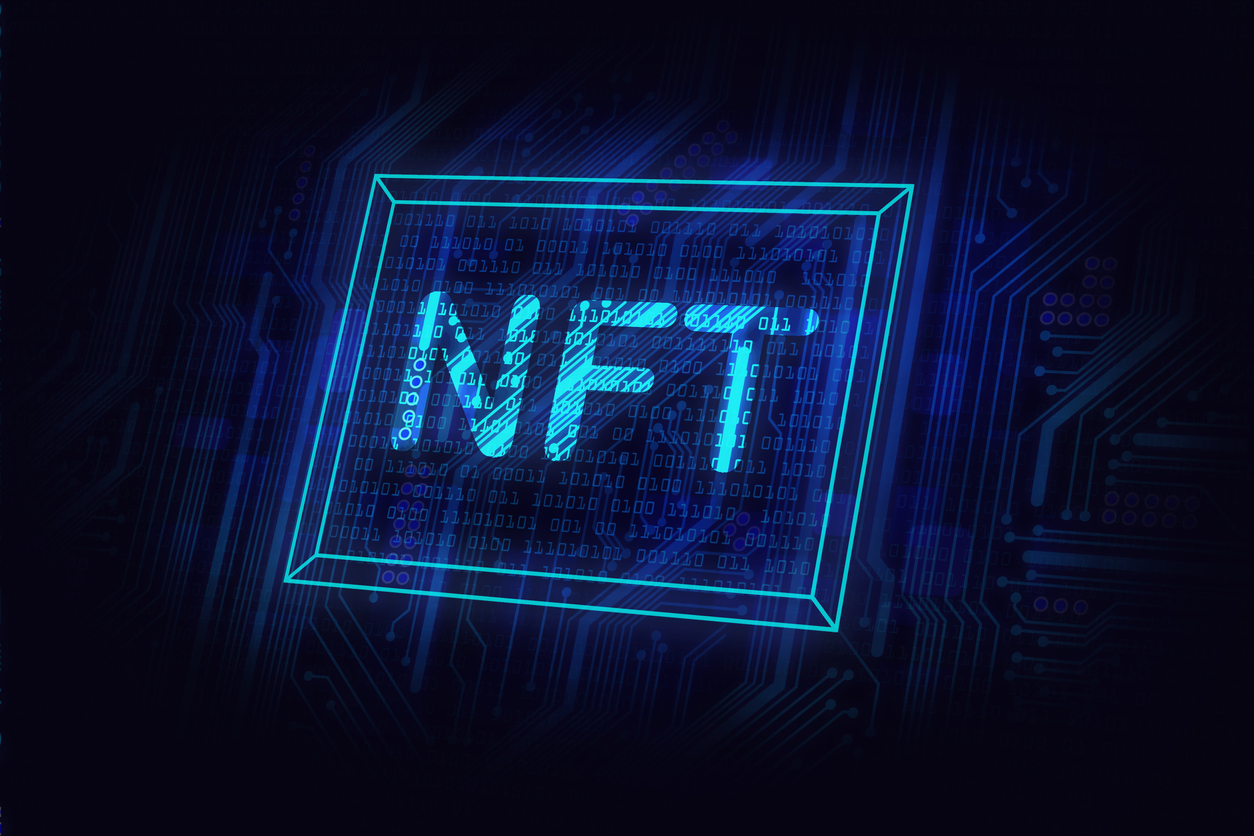Real examples of how companies are navigating Web 3.0.
The Web 3.0 movement is pushing to give customers more control through digital ownership.
Brands are adjusting their marketing to keep pace by offering non-fungible digital tokens (NFTs) to customers.
NFTs are stored through blockchain technology, which is defined by investopedia.com as a decentralized, distributed ledger that stores the record of ownership of digital assets. Information stored in the blockchain can’t be edited, deleted, or changed.
The data is personal to each user through a digital wallet to store payment information and passwords.
“They provide ownership and access to customers,” Brian Fanzo, a digital futurist and the host of the daily NFT365 podcast, said during Ragan Communications Social Media Conference held in September in Orlando, Florida.
“No one else has the password,” he added. “It doesn’t exist on any server or website. The wallet is my own, and the beauty is that no one can take it away from me. I get to determine what data or information is shared publicly or shared with those from a marketing and advertising standpoint.”
Here are some ideas for getting your organization involved in NFTs to bolster your marketing and communications.
Fanzo says NFTs can provide proof of ownership for passports, driver’s licenses and other personal items so customers can carry digital copies on their phone.
In addition, NFTs can answer questions about online piracy by providing individuals and brands with proof of online ownership of products.
Fanzo said NFTs had been used to provide digital proof of authentication to guard against fraudulent products.
NFTs offer technology to track how people have interacted with a brand in the past, which can prove valuable for everyone.
“I can say everyone who purchases between now and before Thanksgiving will get a special offer for December for those who hold an NFT,” he said. “No one can post discount codes and customers are empowered to share discounts with others. Companies can also offer replacement NFTs for those who share them.”
Fanzo said this makes it easier for companies to target loyal customers and offer benefits for them to share with others.
Fanzo said brands like Disney could help verify who has visited the park several times or has watched certain movies to help better market their products to those interested.
Starbucks is currently offering a complete NFT program known as Odyssey Experience. Perks include in-store taste tests and a chance to win trips to their Costa Rica farm.
An NFT sneaker club allows fans to collaborate with brands on new shoe designs, Fanzo said.
Fanzo said that Web 3.0 could help answer those questions, suggesting that professional groups can offer NFTs that show other members which ones are nearby.
“The future of business is community,” he said. “But the biggest thing we’re missing in the community today – especially online – is a sense of ownership. How do we prove that we’re part of a community online?”
Chris Pugh is a staff writer for PR Daily. Follow him on Twitter and LinkedIn. Send story ideas to [email protected].
Topics: PR
Topics: PR
document.getElementById(“comment”).setAttribute( “id”, “a0aa130465aee02e169d738735018b9f” );document.getElementById(“c94c56be9f”).setAttribute( “id”, “comment” );
Sign up to receive the latest articles from PR Daily directly in your inbox.
Sign up to receive the latest articles from PR Daily directly in your inbox.
Tags: blockchain, brand loyalty, nft
Enter the email you used in your Ragan store purchase.
Sign up to receive the latest articles from PR Daily directly in your inbox.
Not a member? Join now.
Enter the email you used in your Ragan store purchase.

